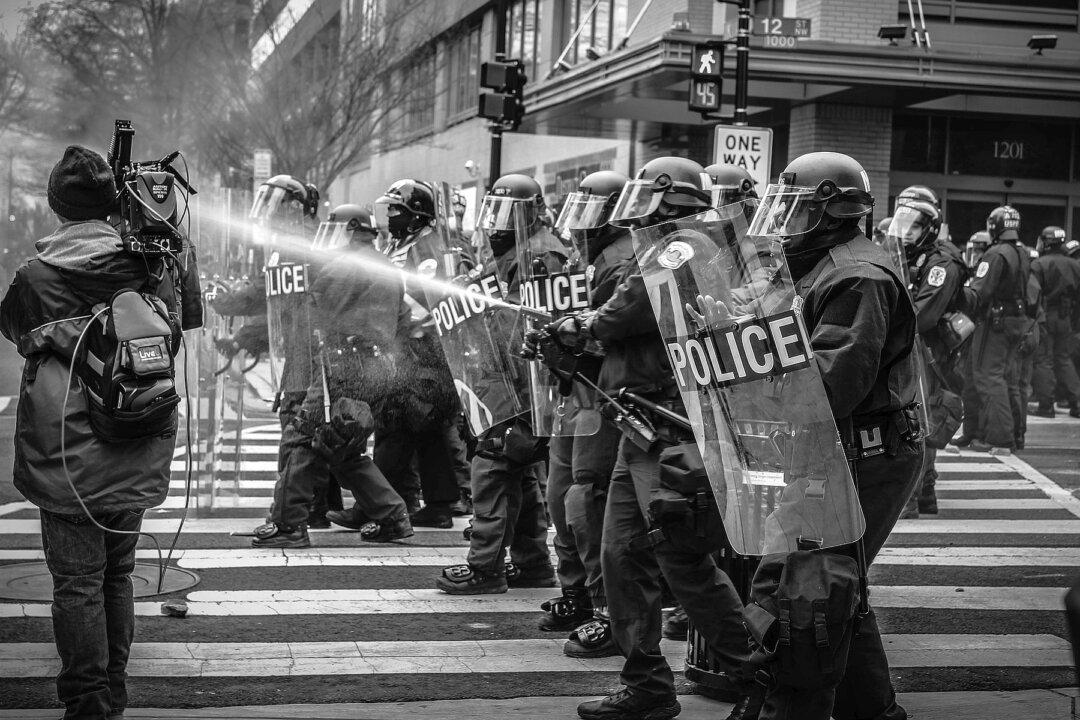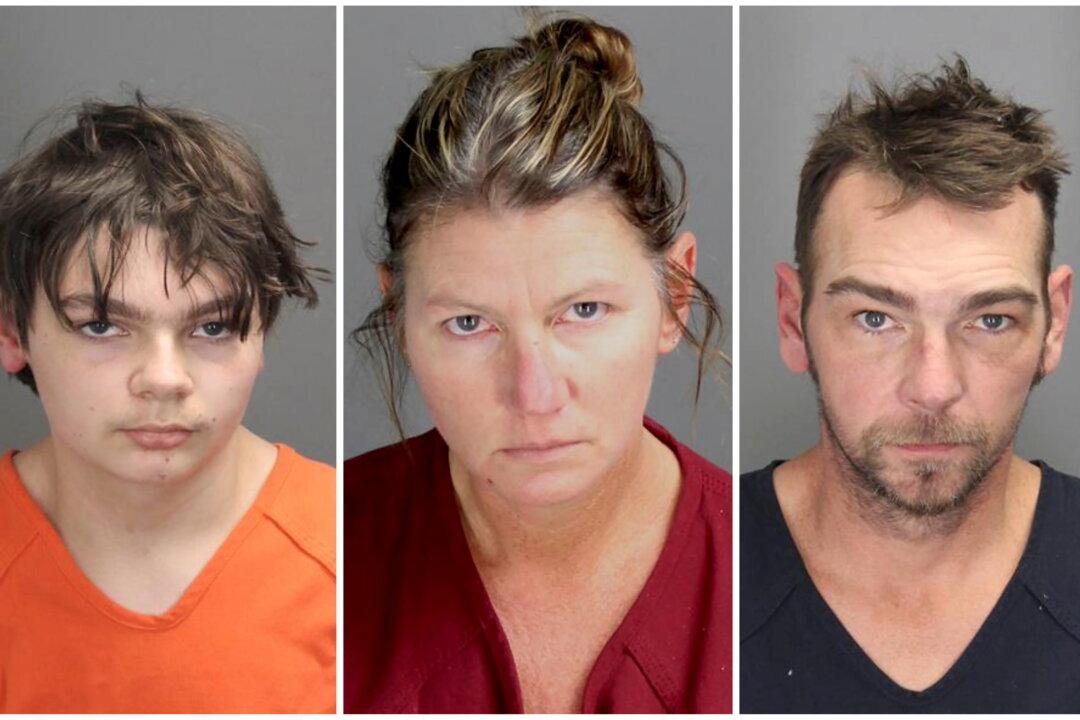Commentary
Perhaps you’ve heard about charges being dropped against most of last summer’s George Floyd protestors. Prosecutors from Oregon to New York have chosen not to pursue a host of different charges against those arrested after peaceful protests turned into destructive riots.





